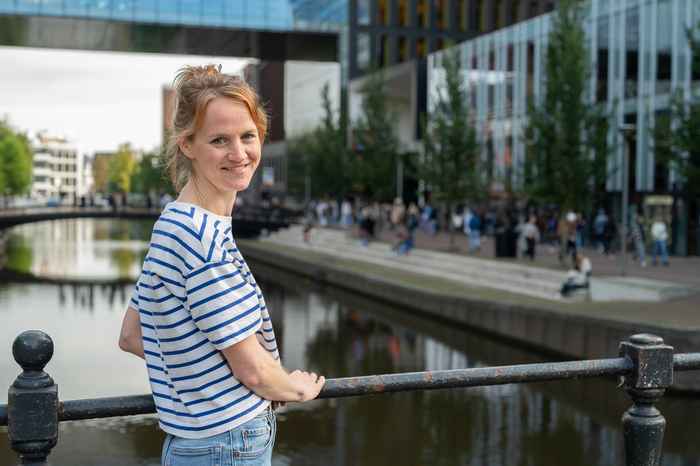Fair track recommendation for every child
New procedure contributes to equal opportunities
Does every child receive the same educational opportunities in the Netherlands? At the end of primary school, students are sorted into different tracks on the basis of their academic performance. Primary school teachers play an important role in allocating students to these track, as they are required to form a binding track recommendation In the Netherlands, children receive a track recommendation at the end of primary school. Research shows that children from disadvantaged backgrounds often receive a lower track recommendation at the end of primary school than their 'privileged' classmates, even if they achieve the same results. Partly for this reason, Dutch primary schools are required to have an explicit track recommendation procedure as of this school year. However, according to the work of UvA researcher Sara Geven, this is not sufficient to secure equal educational opportunities, as she finds that even in the same school, teachers can hold different interpretations of their school procedure. Together with about 70 primary schools, she wants to develop scientifically informed track recommendation. Do you support this research?
